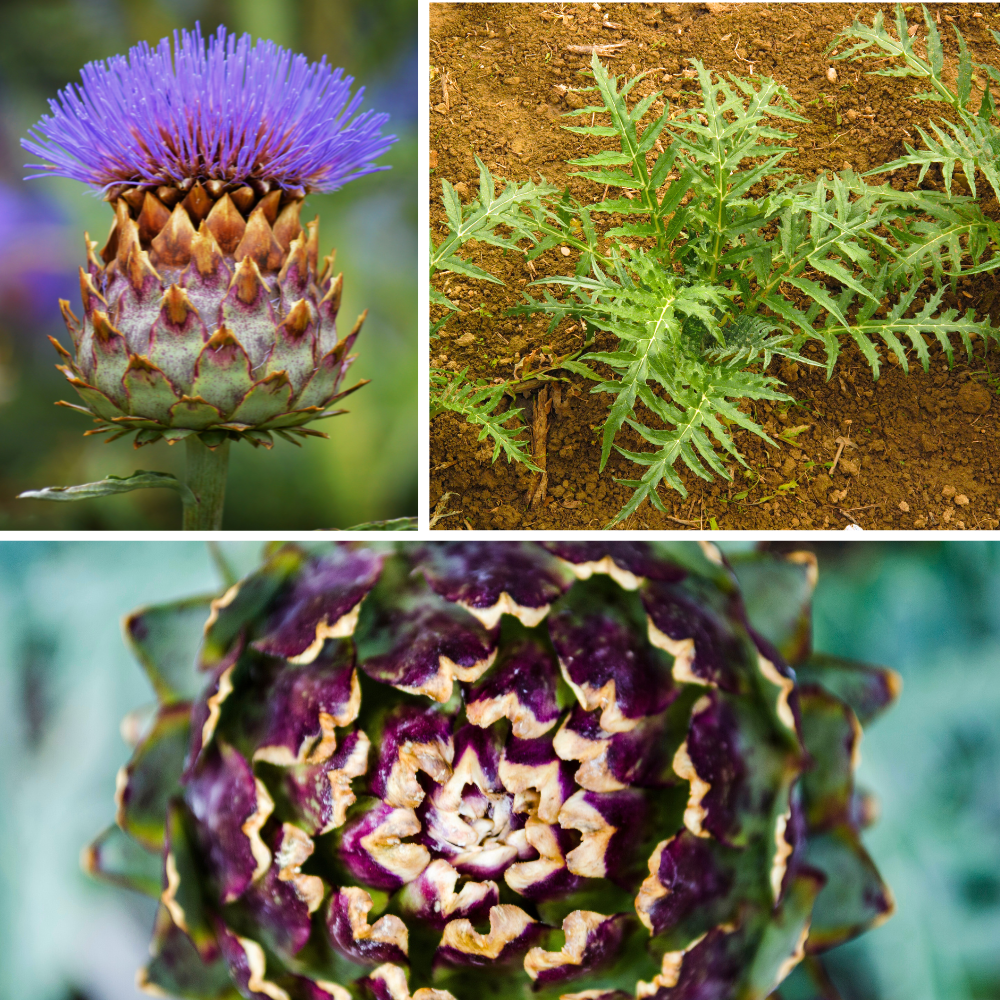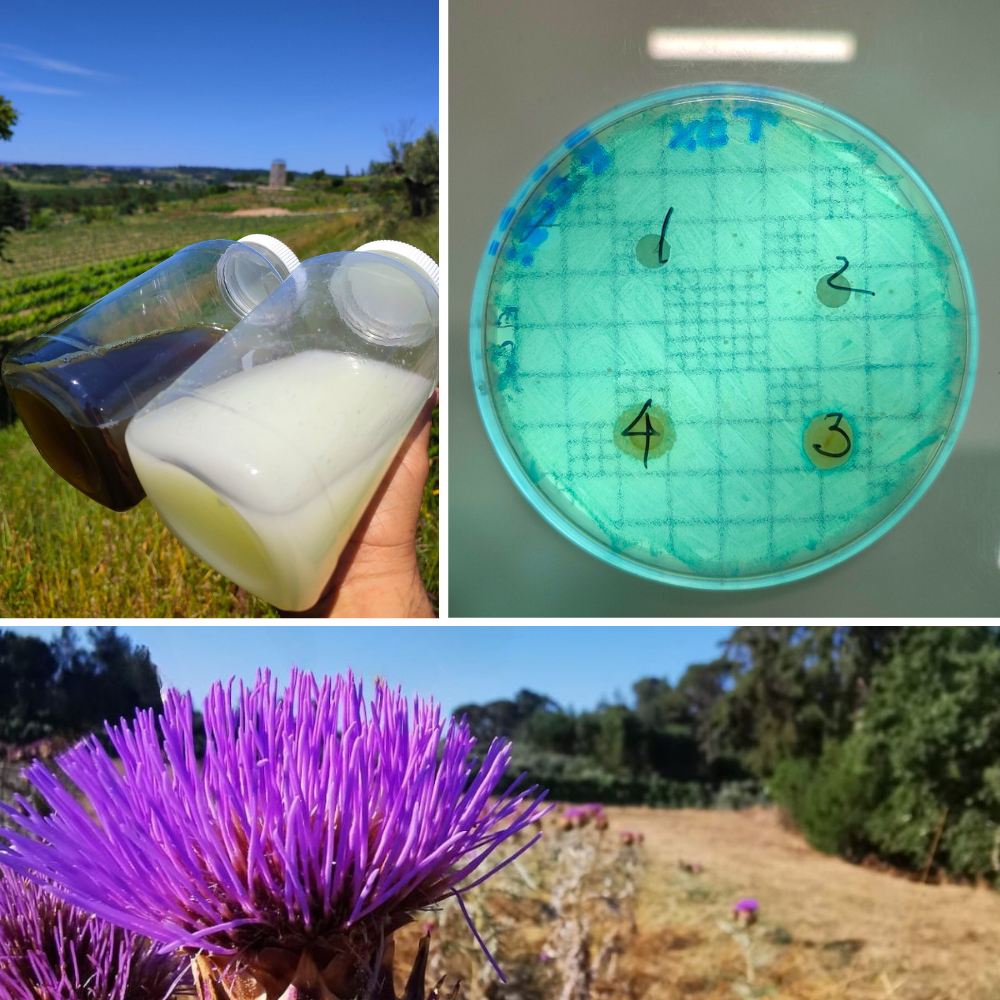The Cardoon at Quinta da Alameda: Safeguarding an Extraordinary Plant

In our fields, a plant of exceptional value grows wild. Yet few pay it proper attention. That plant is the remarkable cardoon (Cynara cardunculus).
Generous by nature, every part of the cardoon lends itself to many practical uses—culinary, industrial, medicinal, agricultural, and ecological. When used well, the cardoon supports sustainability and a circular economy.

Moreover, climate change does not faze this plant. Unlike many species, the cardoon is well prepared for a world that is drier, more volatile, and warmer. Besides, in Portugal, many of our renowned cheeses would not exist without it—well-known examples include Nisa and Serra da Estrela cheeses.
Accordingly, given its wide-ranging qualities and applications, the Polytechnic Institute of Viseu (IPV) established a large cardoon field to study the plant in depth. In service of the region, this research began more than 15 years ago under the guidance of the biologist Paulo Barracosa. However, it was later decided that the land devoted to the cardoon plantation should be allocated to other purposes.
.webp)
Without a solution, this decision could have jeopardised the work carried out over recent decades. Hence Quinta da Alameda signed an agreement with the Polytechnic Institute of Viseu to host, safeguard, and study thousands of these valuable IPV cardoons.
In this way, a rare, precious, exemplary genetic collection has been preserved. At Quinta da Alameda, the presence of cardoons also supports biodiversity; for example, the plants attract pollinating insects and beneficial fauna. In addition, they may serve as the basis for natural extracts to treat vineyards. On an experimental basis, these extracts will first be applied to our own vines. We expect even more sustainable production and wines that express the values of the Dão more strongly.

In a more organic, sustainable, and environmentally friendly way, these natural extracts show the potential to eliminate fungal or bacterial diseases in vines. Being so, why not dispense with industrial chemicals? Why not integrate the cardoon into the circular economy, as ought to be standard today? Why not innovate and create value rooted in the values of the Dão?
These considerations led Quinta da Alameda to invest in cardoon cultivation. The aim was to answer these questions positively and to preserve a unique heritage grounded in the resources and the work of our region. The threathned cardoons will continue to flourish. So will the science, to everyone’s benefit.



